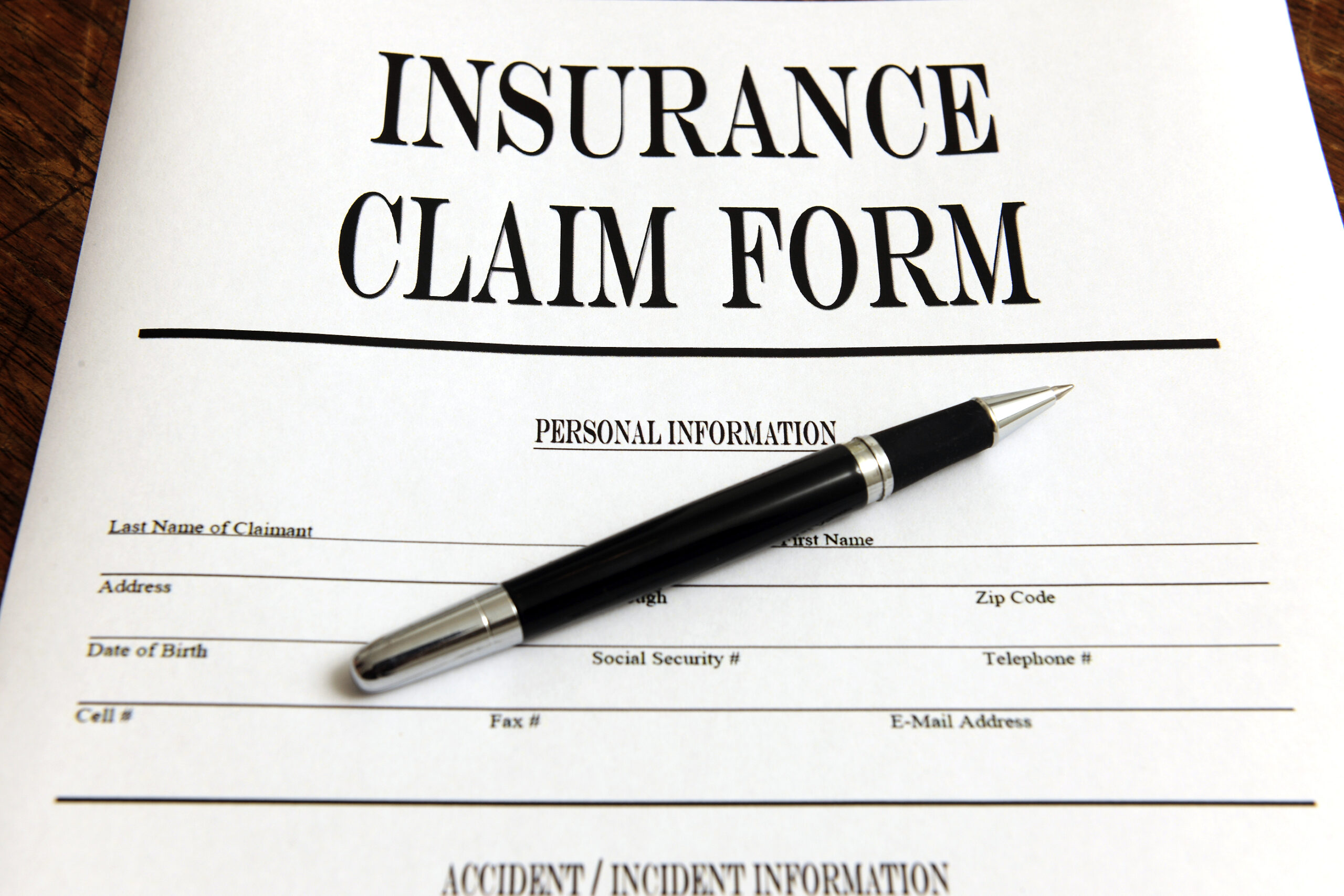Common Landlord Insurance Claims (and How to Prevent Them)

While it’s important to have the right landlord insurance, no one really wants to file a claim. Many of the perils covered by landlord insurance and riders, such as fires and storms, lay beyond a landlord’s control.
However, certain preventive steps can reduce the chances of experiencing some of the more common landlord insurance claims.
Loss of Rent
When a covered peril makes a rental property uninhabitable, loss of rent protection will replace the rental income during the repair period. This coverage lasts for a specific period, usually up to 12 months. (NOTE: To make sure you have the correct protection, provide your insurance partner with current rent rolls annually.)
What You Can Do
You can’t entirely prevent loss of rental income from severe weather, but you can limit the risk and damage caused by man-made events, such as fire and smoke damage. Schedule annual inspections of your property’s fire sprinkler system and other fire safety equipment.
Water Damage
Water damage (separate from flood damage) often results from undetected plumbing leaks, burst pipes, or neglected plumbing maintenance. It can also be caused by a tenant’s negligence. Repairing water damage can be very expensive, depending on the water source and whether mold is present.
What You Can Do
Many potential plumbing disasters can be spotted when they’re still minor issues. Make sure you schedule plumbing maintenance on a routine basis.
If a tenant reports low water pressure, water stains on the walls, or multiple clogged drains, call a plumber as soon as possible.
To protect yourself against tenant negligence, include a section in the lease agreement about the consequences for tenant-caused water damage.
Weather-Related Damage
Storms often bring heavy winds and rain that can cause significant damage to the exterior of your property, including the roof, gutters and siding. If this damage isn’t repaired before the next storm, rain can seep into the roof or siding or flood basement levels.
What You Can Do
Gutters and downspouts direct water away from the roof and foundation, so it’s important that they always remain clear of debris. Gutter guards can reduce how often you need to clean them.
Inspect the roof after a major storm. Strong winds can easily lift loose roofing materials.
Also, inspect basement sump pumps regularly.
Liability
General liability claims are filed when a tenant or guest is injured on your property. Landlord insurance policies usually cover most medical expenses or legal fees if you’re held responsible.
What You Can Do
Reduce your risk of liability claims by keeping your building free of hazards. Melt icy steps and clear snowy pathways quickly. Also, repair any broken handrails, cracked walkways and collapsing structures to prevent trips and falls.
If you have additional questions about landlord insurance claims or you’d like a free review of your current building insurance policy, please call us at 877-576-5200.
